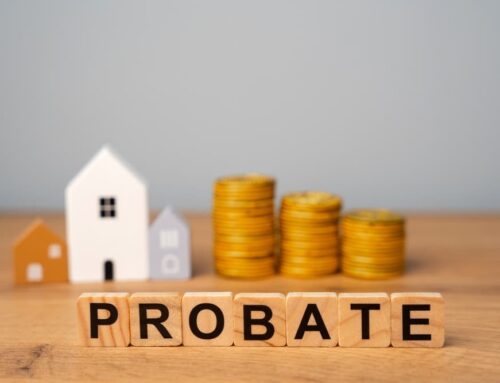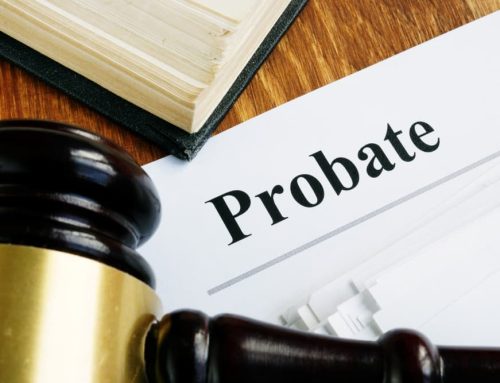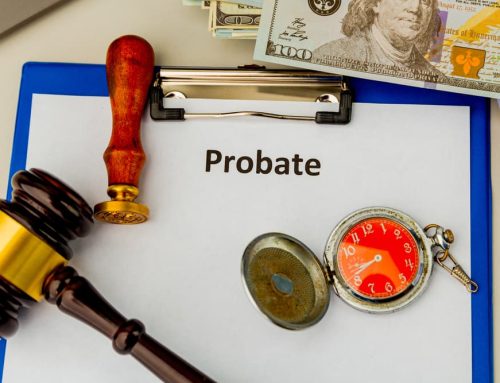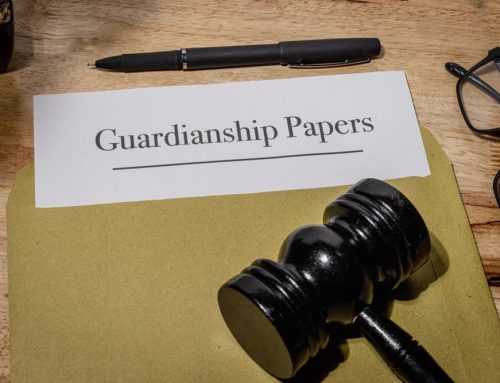What Happens to Jointly Owned Property When One Owner Dies?
What Happens to Jointly Owned Property When One Owner Dies?

In many cases, two people may own property together. The issue lies in how the property interest is transferred to the co-owner when the other dies. Everything depends on the type of joint ownership that the two owners had prior to this point. You need to ensure that you have an ownership arrangement that ensures the smoothest possible transition in case one of the co-owners dies. An estate planning attorney can assist your family ahead of time.
Why Type of Ownership Matters When One Owner Passes Away
The type of ownership of a property or asset significantly affects what happens when one owner passes away. For example, property held as joint tenancy with right of survivorship automatically transfers to the surviving owner without going through probate. In contrast, tenancy in common does not include survivorship rights, meaning the deceased owner’s share passes according to their will or state law. Community property and tenancy by the entirety also carry unique implications in some states. Understanding the ownership structure is essential to avoid legal complications, delays, or unintended transfers after a co-owner’s death.
Types of Joint Ownership
Joint ownership refers to a legal arrangement in which two or more individuals share ownership rights in a property or asset. There are several types of joint ownership, each with distinct legal implications—especially when one owner passes away. Understanding the differences is essential for effective estate planning and avoiding future disputes.
Joint Tenancy with Right of Survivorship (JTWROS)
In this arrangement, each co-owner has an equal interest in the property, and when one owner dies, their share automatically passes to the surviving owner(s) without going through probate. This is commonly used by spouses or close family members. All owners must acquire the property at the same time and under the same title.
Tenancy in Common
Tenants in common may own unequal shares and can acquire their interests at different times. There is no right of survivorship; when an owner dies, their share passes according to their will or through intestate succession, not automatically to the co-owners. This form of ownership is often used among business partners or unrelated individuals.
Tenancy by the Entirety
Available only to married couples in some states, tenancy by the entirety is similar to joint tenancy but provides additional protections, such as shielding the property from the creditors of just one spouse. Upon the death of one spouse, the surviving spouse automatically inherits the entire property.
What Happens When an Owner Dies: Scenarios Based on Ownership Type
The death of a property owner can trigger very different outcomes depending on how the property was held. Understanding the type of ownership is essential to determining whether the property passes automatically or must go through probate.
Joint Tenancy with Right of Survivorship (JTWROS)
When one joint tenant dies, their ownership share passes automatically to the surviving joint tenant(s), bypassing probate. This transfer happens immediately and is typically confirmed with a death certificate. This arrangement is commonly used by spouses or family members to ensure a seamless transition of ownership.
Tenancy in Common
Unlike joint tenancy, tenancy in common does not include the right of survivorship. When one co-owner dies, their share becomes part of their own estate and is distributed according to their will or state intestacy laws. This share may pass to heirs or beneficiaries, meaning the surviving co-owners can end up sharing ownership with the deceased’s family members or others.
Tenancy by the Entirety
This form of ownership is available only to married couples in certain states. When one spouse dies, the surviving spouse automatically becomes the sole owner of the property. It offers similar survivorship rights as joint tenancy but with additional protections from individual creditors.
The Role of Estate Planning in Joint Property Ownership
Estate planning plays a vital role in managing joint property ownership, helping to ensure that your assets are transferred smoothly, efficiently, and according to your wishes when you or a co-owner passes away. While some forms of joint ownership—such as joint tenancy with right of survivorship or tenancy by the entirety—automatically transfer ownership to the surviving party, others, like tenancy in common, do not. Without proper planning, this can result in probate delays, unintended beneficiaries, or family disputes.
A well-crafted estate plan can clarify your intentions, minimize legal complications, and protect your loved ones. For example, through wills and trusts, you can direct how your share of jointly owned property is to be distributed if it doesn’t pass automatically. Estate planning can also coordinate with asset titling, ensuring that the way property is owned aligns with your broader goals.
Moreover, estate planning helps address tax implications, creditor protection, and long-term care needs. It can also include contingency planning if both co-owners pass away or become incapacitated. There is a certain point when it can be too late to make a binding legal arrangement that can make things easier for your family. Once a co-owner loses the capacity to contract, they cannot make any legally valid agreement.
The Role of an Estate Planning Attorney in Joint Property Ownership
An estate planning attorney plays a vital role in helping individuals and couples handle the challenges of joint property ownership. They can assess how a property is currently titled, whether as joint tenancy, tenancy in common, community property, or tenancy by the entirety, and explain how each type affects inheritance, taxes, and probate.
The estate planning lawyer helps ensure that property ownership aligns with the client’s overall estate planning goals. For example, they may recommend changing the form of ownership to include survivorship rights or using a trust to avoid probate and ensure a smooth transfer to beneficiaries. They also advise on how joint ownership impacts estate tax liability and asset protection.
Estate Planning Attorneys Can Handle Your Joint Properties
Hiring an estate planning lawyer to prepare essential legal documents, such as wills, trusts, and powers of attorney, to coordinate with joint ownership arrangements is always a wise choice. Their guidance helps prevent costly disputes and ensures your property passes according to your wishes. Call a trusted Florida estate planning attorney to ensure your asset is protected.
Have questions about how to get started on your estate plan or estate needs?
Have questions about how to get started
on your estate plan or estate needs?
Contact the experienced estate planning professionals at The Estate Plan
by calling us at (305) 677-8489.
Contact the experienced estate planning professionals at The Estate Plan by calling us at
(305) 677-8489.


















